MCQ ON THYROID GLANDS class 12 for NEET | THYROID GLANDS class 11 | MCQ THYROID GLANDS with Answer | Check the below NCERT MCQ question for class 12 Biology based on the with Answers.
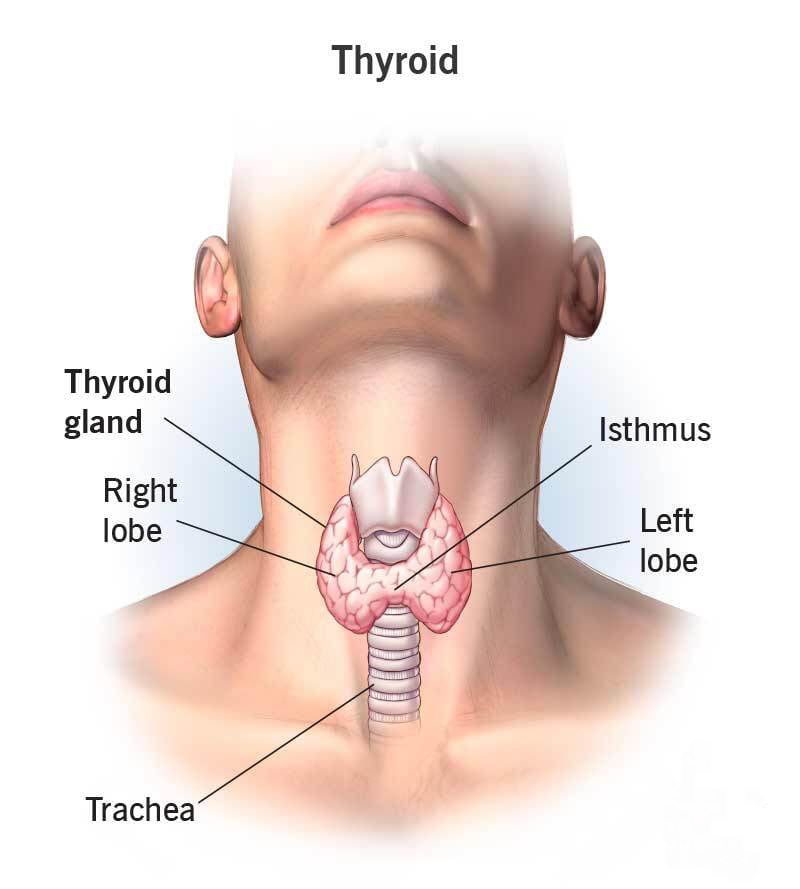
MCQ ON THYROID GLANDS class 12 for NEET
MCQ on THYROID GLANDS class 12 Biology with answers were prepared based on the latest pattern.We have provided class 12 Biology MCQs question with Answers to help students understand the concept very well.
MCQ ON THYROID GLANDS is useful for NEET / CSIR / UGC / CBSE / ICSE / AIIMS / EXAM / AFMC EXAM / STATE LEVEL MEDICAL EXAM 2022-23 , 2023-24
INTRODUCTION:-
The thyroid gland is composed of two lobes which are located on either side of the trachea.Both the lobes are interconnected with a thin flap of connective tissue called isthmus .The Thyroid gland is composed of follicles and stromal tissues.Each Thyroid follicles is composed of follicular cells, enclosing cavity.These follicles synthesis two hormones tetraiodothyronine or Thyroxin (T4) and triiodothyronine (T3).
Endocrine glands lack ducts and hence are called ductless glands.
Their secretions are called hormones.
The classical definition of hormone as a chemical produced by endocrine glands and released into the blood and transported to a distantly located target organ has current scientific definition as follows:-
Hormones are non – nutrient chemical which acts as intercellular messengers and are produced in trace amounts.
The endocrine glands and hormone producing diffused tissues/ cells located in different parts of our body constitute the endocrine system.
Pituitary ,pineal, thyroid, adrenal , pancreas , parathyroid , thymus and gonàds are the endocrine bodies in our body.
The pituitary gland is located in a Bony cavity called sella tursica and is attached to thalamus by a stalk.It is divided anatomically into an adenohypophysis and neurophysis.
Adenohypophysis consists of two portions ,pars distalis and para intermedia.
The pars distalis region of pituitary, commonly called anterior pituitary produces , growth hormone (GH) , Prolactin (PRL) , thyroid stimulating hormone (TSH),
adrenocorticotrophic hormone (ACTH) , luteinizing hormone (LH) and follicle stimulating hormone (FSH).
Pars intermedia secrets only one hormone called melanocyte stimulating hormone (MSH).
Neurohypophysis also known as posterior pituitary, stores and release two hormones called oxytocin and vasopressin ,which are actually synthesized by the hypothalamus and are transported axonally to neurohypophysis.
MCQ ON THYROID GLANDS class 12 for NEET
1. The thyroid gland is composed of
(a) three lobes
(b) four lobes
(c) five lobes
(d) two lobes
Ans (d) two lobes
2. Thyroid gland is located at either side of the
(a) pharynx
(b) epiglottis
(c) bronchi
(d) trachea
Ans. (d) trachea
3. The thyroid gland is composed of
(a) follicles
(b) stromal tissues
(c) both a and b
(d) goitre
Ans. (c) both a and b
4. T4 and T3 hormones are secreted by
(a) Thyroid gland
(b) pituitary gland
(c) ACTH
(d) corticoids
Ans.(a) thyroid gland
5.Which mineral is essential for normal rate of synthethesis in the thyroid.
(a) calcium
(b) sodium
(c) iron
(d) iodine
Ans.(d) iodine
6. Enlargement of thyroid gland cause
(a) goitre
(b) gigantic
(c) dwarfism
(d) creatinism
Ans.(a) goitre
7. Creatinism is caused due to
(a) hypothyroidism
(b) hyperthyroidism
(c) both a and b
(d) Aldosterone
Ans.(a) hypothyroidism
8. In adult women, menstruatual cycles may becomes irregular due to
(a) hypertension
(b) hypothyroidism
(c) hyperthyroidism
(d) all the above
Ans.(b) hypothyroidism
9.Due to cancer of the thyroid gland, due to development of nodules of thyroid glands the rate of synthesis and secretion of the thyroid hormone is increased to abnormal high level leading to a condition called
(a) hyperthyroidism
(b) thyroid hormone
(c) cortisol
(d) ACTH
Ans. (a) hyperthyroidism
10. Symptoms of hypothyroidism
(a) stunted growth
(b) abnormal skin
(c) mental retardation
(d) all the above
Ans. (d) all the above
11. Thyroid hormones play an important role in the regulation of the
(a) basal metabolic rate
(b) androgens
(c) adrenal cortex
(d) creatinism
Ans.(a) basal metabolic rate
12. The hormone promote the process of red blood formation.
(a) FSH
(b) LH
(c) thymosins
(d) Thyroxin
Ans . (d) Thyroxin
13. Which hormone help in the maintenance of water and electrolyte balance.
(a) corpus luteum
(b) T- lymphocytes
(c) FSH
(d) Thyroxin
Ans.(d) Thyroxin
14.Thyroid glands secrets a protein hormone which regulates blood calcium levels.
(a) catecholamines
(b) blood pressure
(c) TCT
(d) ACTH
Ans. (c) TCT
15. Which hormone control the metabolism of carbohydrates ,fats and proteins ?
(a) Thyroid gland
(b) zona fasciculata
(c) parathyroid gland
(d) all the above
Ans.(a) Thyroid gland
ALSO READ:-
● YOU CAN WATCH BIOLOGY SIR Youtube channel
16. T4 hormones stand for
(a) tetraiodothyronine
(b) nor epinephrine
(c) both a and b
(d) LH
Ans.(a) tetraiodothyronine

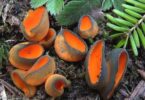
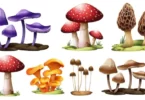
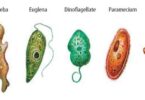
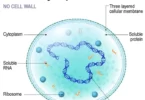
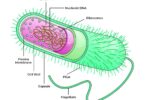
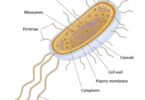
Leave a Comment